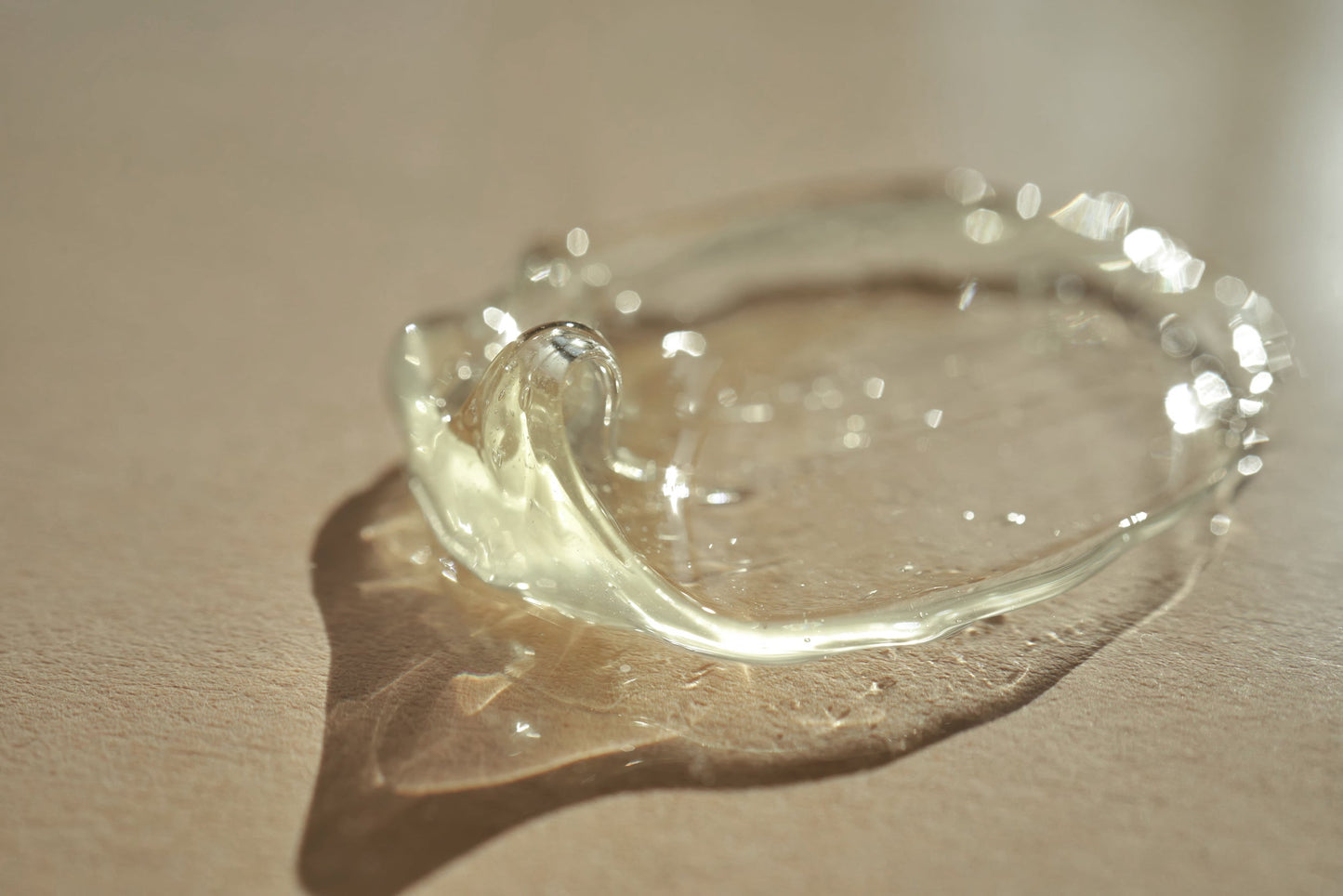
Eyelash Extension Glue's shelf-life can be a tricky thing to know for sure. There are many reasons why that is. But, generally speaking, eyelash extension glue should last around 2 to 3 months from the time it is opened. If you know what you are doing and store it properly- you could get a lot more life out of your glues. Here are some tips and tricks that will help you.
1) The enemy to the shelf-life of eyelash extension glue is HEAT
The reason it is so hard to know how long the glue you buy will last once opened is because the shipping process alone could ruin your glue. Think of how hot the mail carrier truck could get driving around with the sun beating on it. Now imagine them putting it in your mailbox while you are at work and it cooks for a few hours. And- if you happen to not get the mail on the day it delivers... well, you get my point.
Make sure your lash company ships glues with an ice pack in a thermal pouch. At LashesDirect.com, we always ship this way in the summer months. We don't even charge any extra either! But even if you do not buy your glues here- do some leg work to make sure the eyelash extension supply company you use is taking care of your investment in the eyelash extension glue you use.
2) Temperature Fluctuation is BAD
Another thing you want to control with your eyelash extension glue to make it last longer is making sure that your lash glues are stored in a stable temperature. I like to keep mine in a drawer by my lash table. I once was running into issues with my glues, and realized that the drawer would get sunlight for a few hours every day. I then realized that the glue would heat up during those hours. So, I moved the drawer, and voila! My glues were not going bad as often.
3) Glues can be bad BEFORE they are even shipped to you
Make sure that the company you buy from will replace the glue for you if it is bad on arrival. We allow a 30 day window for glue replacement if we can see that it has in fact gone bad. We do this because we know that from time to time a lid might be just loose enough from the factory to create issues, or the entire batch could have gone bad for the same reasons your individual glue might have... heat in shipping. So- again, make sure the glue is "warrantied" for the lack of a better term.
4) Humid Climates Should Refrigerate their lash glues
Many ask us "Should I refrigerate my eyelash extension glue?" And there is a simple rule of thumb we have found to be helpful. If you live in a "muggy" humid climate- (TX, AL, FL etc..) you definitely should refrigerate your lash glues. Why? Because the glues will act differently in high humidity, and simply seem to go bad faster if not more closely regulated. In dry desert states such as AZ (where we are based, UT, CA etc. we never refrigerate our glues. If you do choose to refrigerate, I will recommend a wine cooler, or buying a small refrigerator and setting the temperature on one of the least cold settings. You do not need to freeze them. We have spoken to some who have frozen glues and say it works great once un-thawed but, I'd rather just order as needed.
5) Oxidization Ruins Eyelash Extension Glues
If you take a bite out of an apple, then let it sit on the table for 30 minutes, then come back to eat it- chances are, you will throw it away before you take another bite. The inside of the apple turns brown. The same basic principle applies to lash extension glue. That is why you ALWAYS put the lid back on as soon as possible. The less oxygen it is exposed to- the longer it will last!
6) Final tips:
-Always shake your glue well before each use
-Put the glue cap back on immediately after pouring out your drops
-If your glue comes in a thicker plastic zip lock, we recommend putting the glue back inside that as well as to eliminate as much outside oxygen as possible.
I would LOVE to hear any questions or comments about this blog post. I am not a scientist (lol) but I have been doing lashes for a very long time and have gathered this information from experience and talking with actual scientists. My explanations might not be 100% scientifically accurate- but they are correct generally speaking. There are surely other insights I could have forgotten too. Feel free to pitch in! Be nice though!
Jamie
